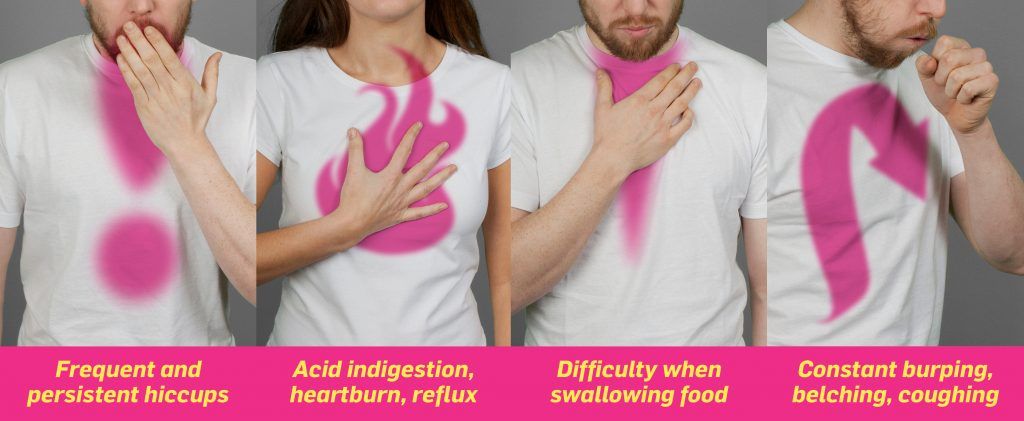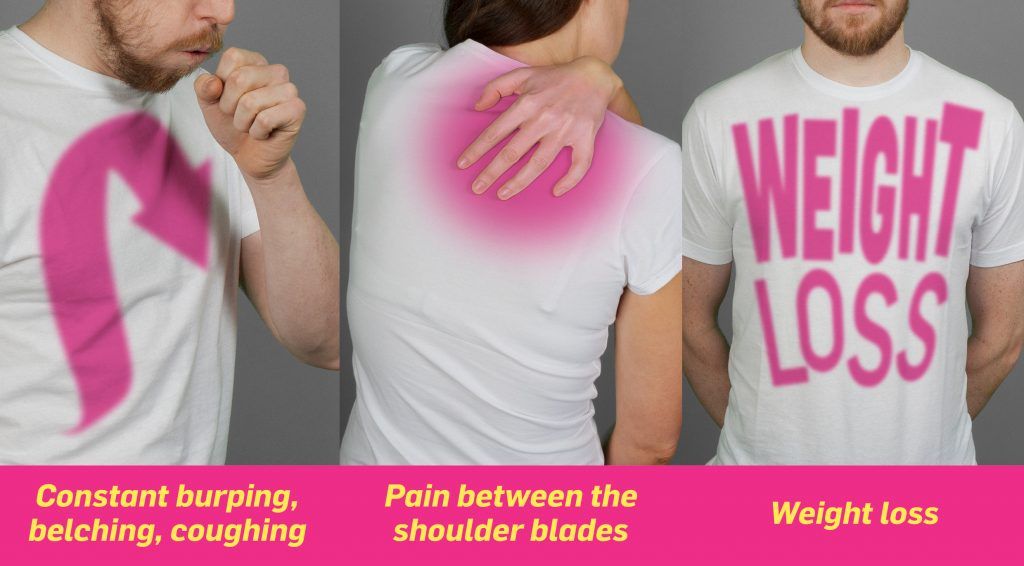

Share
23rd February 2018
09:17am GMT

 "Your life changes forever. I'm two and a half years out of surgery, and I've made a good recovery. But in the year and a half after the surgery, it was difficult. I wasn't sure where my life was going. You eat every day, but dealing with recovery makes that a struggle.
"I lost most of my oesophagus and stomach, and trying to deal with that throws everything else into uncertainty. If it wasn't for my family, I'm not sure where I would be. I wasn't sure if I could get back to work, or anything."
One of the major boosts, Ann said, came in the form of the Oesophageal Cancer Foundation.
"Noelle Ryan [the Chief Executive] helped me out by putting me in contact with a person who had what I had. What a difference that made, having somebody who knew what I was talking about because in recovery, it's hard to tell if you had cancer. You look physically well."
Even after having made a recovery, she speaks highly of the foundation.
"Put it this way," she says, "I'm not going to be around for the Lollipop Day fundraising this weekend, but I've brought my box of lollies and left them in work. I've made sure people are taking care of it, so the foundation can continue to do what it does."
She has to end the conversation there, telling JOE that she is heading out for dinner with her whole family, as her son is back from the UK for the weekend.
"When you think about giving to charities, there are lots to give to, but this one is important. There's nothing big I could say, but really this one is important to me and it's for the very reason that I get to go and have dinner tonight."
"Your life changes forever. I'm two and a half years out of surgery, and I've made a good recovery. But in the year and a half after the surgery, it was difficult. I wasn't sure where my life was going. You eat every day, but dealing with recovery makes that a struggle.
"I lost most of my oesophagus and stomach, and trying to deal with that throws everything else into uncertainty. If it wasn't for my family, I'm not sure where I would be. I wasn't sure if I could get back to work, or anything."
One of the major boosts, Ann said, came in the form of the Oesophageal Cancer Foundation.
"Noelle Ryan [the Chief Executive] helped me out by putting me in contact with a person who had what I had. What a difference that made, having somebody who knew what I was talking about because in recovery, it's hard to tell if you had cancer. You look physically well."
Even after having made a recovery, she speaks highly of the foundation.
"Put it this way," she says, "I'm not going to be around for the Lollipop Day fundraising this weekend, but I've brought my box of lollies and left them in work. I've made sure people are taking care of it, so the foundation can continue to do what it does."
She has to end the conversation there, telling JOE that she is heading out for dinner with her whole family, as her son is back from the UK for the weekend.
"When you think about giving to charities, there are lots to give to, but this one is important. There's nothing big I could say, but really this one is important to me and it's for the very reason that I get to go and have dinner tonight."
 While it might seem like an issue outside our control, in reality, the fight against such cancers as oesophageal cancer is strengthened enormously by public donations, which on Friday 23 and Saturday 24 February can be done by either buying a lollipop or donating to the Oesophageal Cancer Foundation.
One of the major steps forward in the fight against oesophageal cancer was the foundation of Ireland's first national Barrett's Oesophagus Registry and Biobank, which OCF founded and funded. The Registry, which links six Irish hospitals, can help identify at-risk patients earlier and track their progress with regular surveillance, using endoscopies and bioscopies.
Any cellular changes such as dysplasia and/or cancer can be diagnosed much earlier, meaning oesophageal cancer can be addressed in its early and most treatable phase to deliver the best outcomes for patients.
Speaking about the registry, Professor Jacintha O’Sullivan, Principal Investigator of the Barrett’s Oesophagus research programme, said: "We can now record data from every Barrett’s patient on a national database and analyse this data to answer important clinical questions."
"Has there been any increase in incidence levels? How are treatment options changing?
"Discovering that you are in a high-risk category can empower people to take steps to adjust their diet and lifestyle, thus improving their chances of keeping cancer at bay."
Stressing the importance of donations and public support, Noelle Ryan, Chief Executive of OCF, said: "Improving patients’ quality of life and providing support are our priorities and OCF is proud to be part of a national effort which makes treatment accessible and is always pushing the boundaries and progressing options.
"We could not do this without the generosity and support of the public. Curative approaches, Endotherapy and the Registry would not be where they are today for people in Ireland without donations. Please buy a lollipop this Friday and Saturday for €2 – there is still so much to do."
Over the last two decades, oesophageal cancer rates have increased by a total of 25%, with the number rising particularly among men, according to the National Cancer Registry.
The Oesophageal Cancer Fund seeks to raise greater awareness of the symptoms of oesophageal cancer and fund medical research.
All donations can be made to the OCF website here via PayPal or Everydayhero.
While it might seem like an issue outside our control, in reality, the fight against such cancers as oesophageal cancer is strengthened enormously by public donations, which on Friday 23 and Saturday 24 February can be done by either buying a lollipop or donating to the Oesophageal Cancer Foundation.
One of the major steps forward in the fight against oesophageal cancer was the foundation of Ireland's first national Barrett's Oesophagus Registry and Biobank, which OCF founded and funded. The Registry, which links six Irish hospitals, can help identify at-risk patients earlier and track their progress with regular surveillance, using endoscopies and bioscopies.
Any cellular changes such as dysplasia and/or cancer can be diagnosed much earlier, meaning oesophageal cancer can be addressed in its early and most treatable phase to deliver the best outcomes for patients.
Speaking about the registry, Professor Jacintha O’Sullivan, Principal Investigator of the Barrett’s Oesophagus research programme, said: "We can now record data from every Barrett’s patient on a national database and analyse this data to answer important clinical questions."
"Has there been any increase in incidence levels? How are treatment options changing?
"Discovering that you are in a high-risk category can empower people to take steps to adjust their diet and lifestyle, thus improving their chances of keeping cancer at bay."
Stressing the importance of donations and public support, Noelle Ryan, Chief Executive of OCF, said: "Improving patients’ quality of life and providing support are our priorities and OCF is proud to be part of a national effort which makes treatment accessible and is always pushing the boundaries and progressing options.
"We could not do this without the generosity and support of the public. Curative approaches, Endotherapy and the Registry would not be where they are today for people in Ireland without donations. Please buy a lollipop this Friday and Saturday for €2 – there is still so much to do."
Over the last two decades, oesophageal cancer rates have increased by a total of 25%, with the number rising particularly among men, according to the National Cancer Registry.
The Oesophageal Cancer Fund seeks to raise greater awareness of the symptoms of oesophageal cancer and fund medical research.
All donations can be made to the OCF website here via PayPal or Everydayhero.Explore more on these topics: